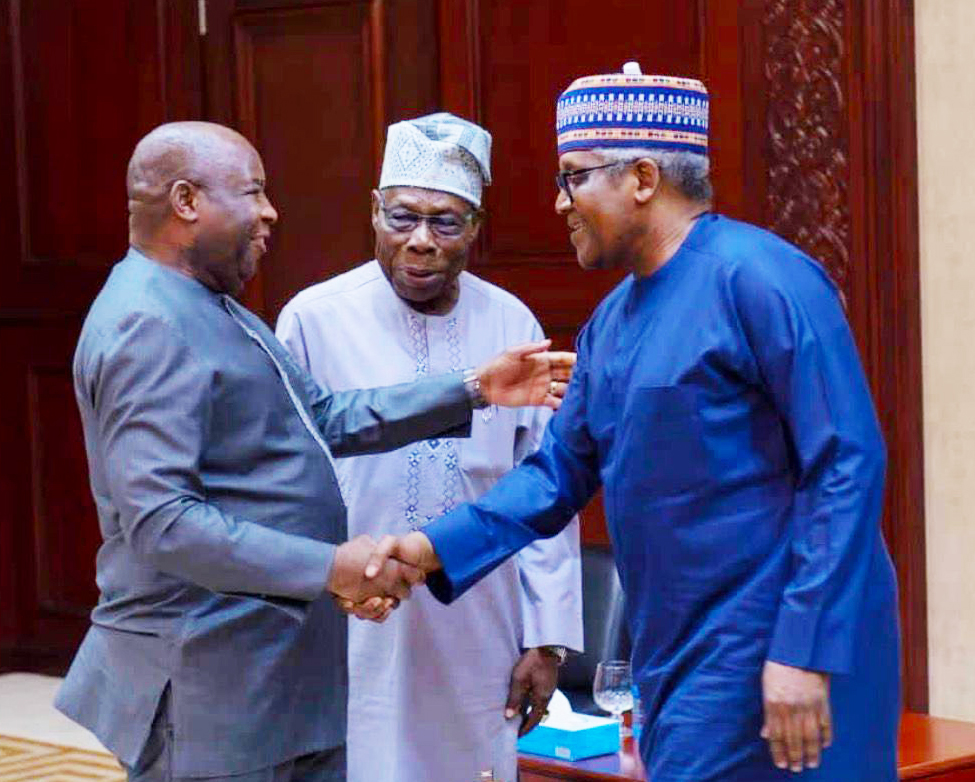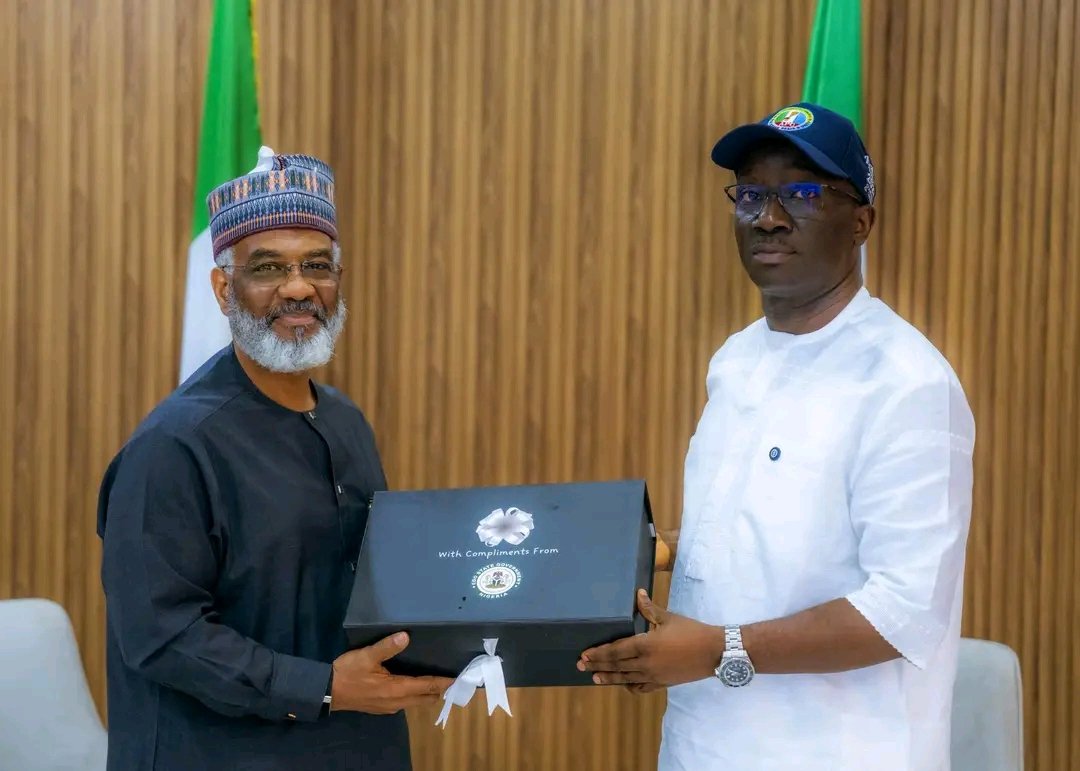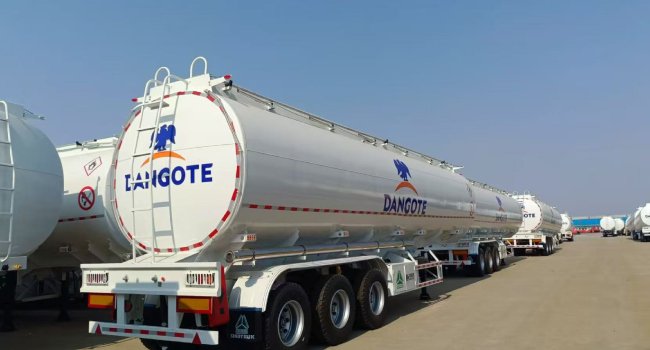NNPCL Clears Outstanding $4.68bn Debts To IOCs, Ends Fuel Import

The Nigerian National Petroleum Company Limited said it has stopped the importation of refined petroleum products and will now buy fuel from the Dangote Petroleum Refinery and other local refineries.
NNPC Group Chief Executive Officer, Mele Kyari made these known while speaking on Monday at the 42nd NAPE Annual International Conference & Exhibition in Lagos.
He also said the National oil company has settled all outstanding $4.68 billion cash call debt to the five international oil companies operating in Nigeria.
Kyari dismissed insinuations that the NNPC was sabotaging local refineries by refusing to sell crude oil to them.
He said, “Oil is found in very many unexpected locations across the world and people have choices. And therefore, we saw an opportunity to now supply not just Dangote, but every refinery that operates in the country.
“So, it’s a well-informed business decision. Therefore, from day one, we knew that it was to our benefit to supply crude oil to domestic refineries. So, we don’t need to be persuaded. We don’t need anyone to talk to us. There is no need for any pressure from the streets for us to do this. We are already doing this.
“And therefore, I believe strongly also that we must process all the crude that we produce in the country up to the optimum. And we will do everything possible to make sure that we domesticate this. Today, NNPC does not import any product. We are taking wholly from the domestic refinery.”
He added, “This decision, although initially challenging with impacts on inflation and the cost of commodities, was necessary to halt the harmful practice of petrol subsidies. President Tinubu has effectively stopped Nigeria from ‘smoking cigarettes’, restoring the nation’s economic health.
“When SUV drivers realise they’re spending N100,000 per tank, they’ll reconsider their habits, and public transportation will likely see a resurgence.
“Now the public transportation system will return, and people will now transfer those transactions into useful ventures. In the past, the quickest way to spend was on subsidised fuel, but now Nigerians can invest their savings more productively, potentially in the stock market.”
Kyari further disclosed that the company is collaborating with the federal government to address pricing issues, which arise from sourcing all feedstock supplies from the domestic market.













